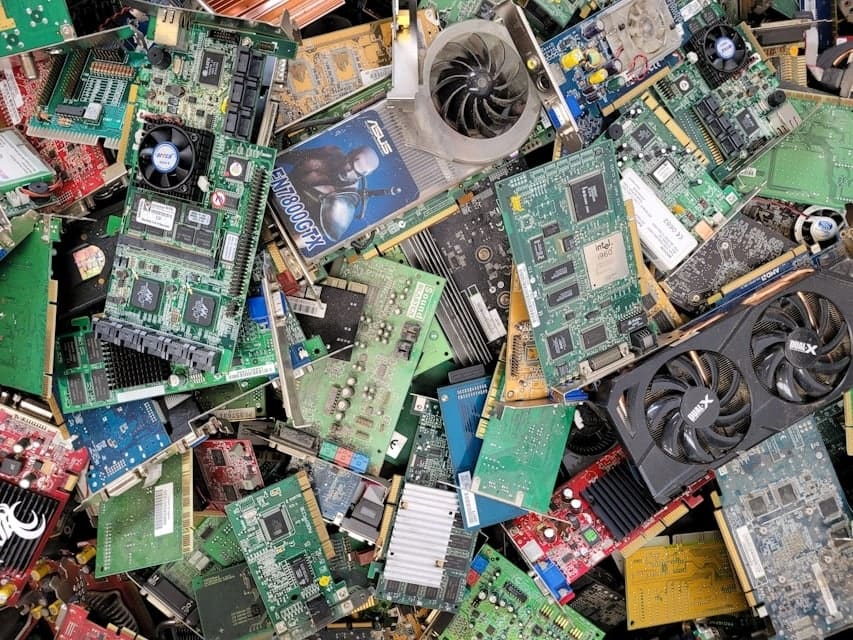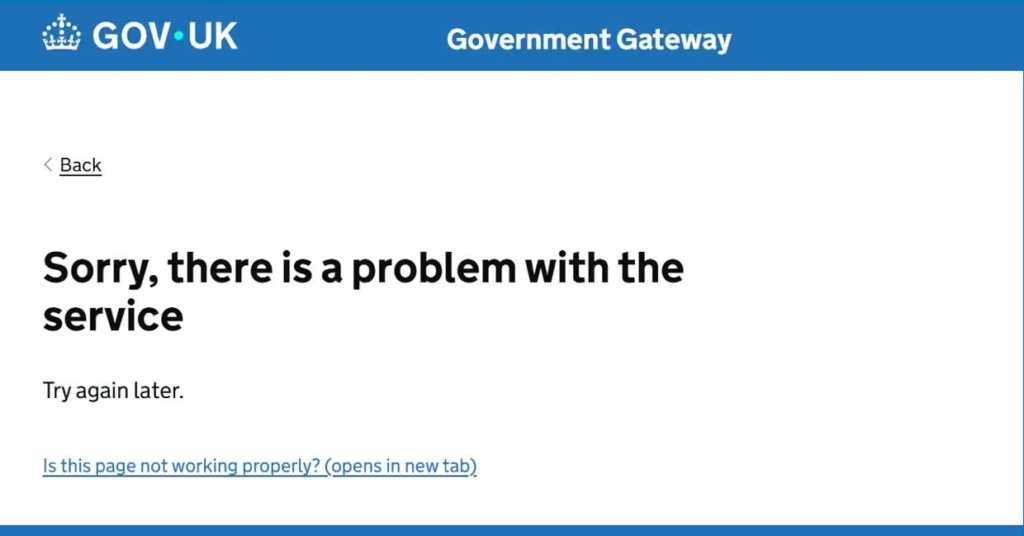|
Curiously Green Issue #68
|
This month’s newsletter gives a bit of a peek behind the curtain at Wholegrain. For the past couple of months (and longer) we’ve been considering what Sustainable Digital Transformation looks like. It goes beyond carbon emissions. It’s a question of how to accelerate the shift towards a fairer Internet. One that is better for people and planet.
The concept includes diverse topics. We’ve been considering resilient user experiences, equitable digital products, human paced online experiences and minimising waste. While these are more abstract concenpts. the overall ecological footprint of the web remains an important piece of the puzzle too.
What this looks like in practice is still being refined. Even so, a number of recent reports and news stories illustrate what we’ve been discussing:
|
|
|
Some Humane Web stories to consider:
|

Microsoft maximises e-waste
|
Microsoft has taken the decision to end free support for it’s Windows 10 operating system. This isn’t due to obsolescence. Windows 10 equates to 42% of all Window’s users. That proportion of users is an order of magnitude higher than we would ordinarily see for software losing support and updates.
Microsoft made close to $200 billion dollars in gross profit in 2024. Surely they can cover the cost of maintaining the operating system of close to half their users?
What ever the reasoning behind the decision (and I can think of a few cynical ones) it has huge implications for e-waste. Millions of devices will surely end up on the scrap heap as a result of this decision at a time when maximising the life span of our devices is ever more important.
Decisions like this remind us that whatever digital products we create, end of life and the length of time they are supported are vital considerations. Durable, evergreen and long lived digital products help to minimise all our digital footprints.
|
|
|
Human paced experiences
|
If the Windows 10 example shows us what not to do, this article from Branch Magazine shows how things could be. It paints a picture of human paced web experiences, where websites work in harmony with natural rhythms.
We build websites with local users in mind but make them globally accessible at all times. This article offers a guide to something different. It questions whether we might reconsider the “always on” nature of our websites (something we considered here). It showcases how user experience can be shaped by the carbon intensity of the grid in a holistic way.
It’s a vision of the future that quietly demands discussion consideration.
|
|

Digital resilience
|
The fragility of our digital infrastructure was laid bare this week as AWS outages caused huge disruption across the web. Many widely used platforms suffered outages on Monday 20th October.
Of particular interest were the issues suffered by gov.uk sites. The UK has been strengthening it’s ties with AWS in recent months. The outages come in spite of warnings from the likes of the Financial Conduct Authority about the risks of none diversified cloud service provision.
Does this situation represent a hidden lack of resiliency across much of our digital infrastructure? A huge part of our working and daily lives take place in digital spaces in frivolous and essential ways.
Ensuring that our digital services have sufficient levels of resilience (in all it’s forms) is more important as ever.
|
|
|
Reducing ecological footprints
|
This write up from Wagtail ) highlights how small changes to websites can have big impacts. By analysing and optimising a video on their landing page they hugely reduced the bandwidth their site required.
It’s a practical example of how simple tweaks can materially reduce the impact of a website with no compromise on quality.
|
|
|
|
|
Curiously Green is curated by Andy Davies
|
|
Don’t forget, we want to hear more from you, the Curiously Green community! If you’re heard or read something that may be of interest, please share any links, and your thoughts with us.
Even better, we’d love to know what you’re working on. If you have any case studies or projects you’d like to share, or new approaches you’ve tried that may be of interest, this is a great way to share with like minded folk so please head over to our submission form and tell us all about it!
We can’t wait to hear from more of you. 💚
|
|
|
|